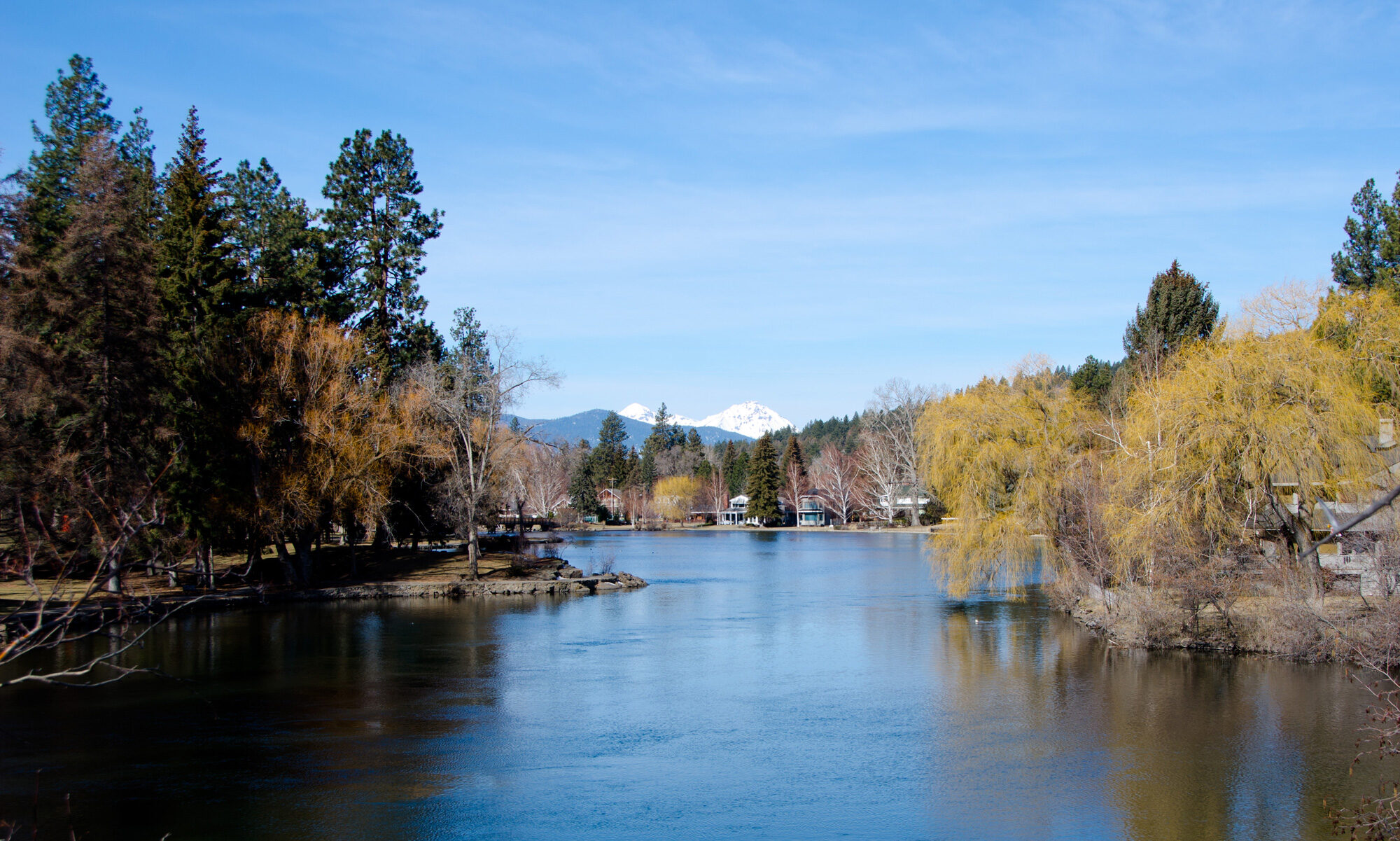Bend Park & Recreation District officials take community input seriously. They do polls and hold community open houses to determine what taxpayers want, and they tailor their plans accordingly.
Back in 2004, that meant scrapping plans for a bond issue to build a westside version of Juniper Swim & Fitness Center.
This year, it means the district will go forward with plans for a $29 million bond to fill in gaps on the river trail, build an ice rink and help Oregon State University-Cascades Campus with expansion plans, among others.
What they won’t do with this bond, however, is move forward with a study of Mirror Pond or the building of a skate park.
Mirror Pond is too controversial and not solely a park district responsibility, said Executive Director Don Horton, and the skate park suffered a “lack of support from voters.”
That made them unattractive items for a bond issue, Horton said, and we can’t dispute that reality. To enhance chances of bond approval, the district needs to focus on the things voters are willing to pay for. Attracting controversy doesn’t enhance chances of bond passage, and we support the bond.
Still, what to do about Mirror Pond and a skate park?
A few years ago, most of the public talk about Mirror Pond focused on finding the money to pay for dredging. More recently, the panel discussing next steps is hearing from those who think big changes would be better, possibly removing the dam and returning the river to a more natural course. What had seemed obvious has become controversial, at least among those trying to fix the problem.
Without a poll or a vote, we can’t know if attitudes have really shifted, but we think there’s still enormous support for preserving the pond by dredging. If voters were given a clear option for that, we think there’s a good chance they’d vote to pay for it. If, however, they are asked to pay for studies with unknown result, support would be much less certain.
The skate park has different issues. Lack of support in surveys is not surprising, and shows the danger in relying entirely on such tools. Skateboarders are less likely to respond to a survey or to attend meetings, and the unsavory reputation of skateboarders survives despite being outdated.
Across the nation, other communities have provided impressive new facilities for skateboarders, a group that now includes many responsible adults as well as youngsters. Yes, it’s a small group, but it’s also a small cost relative to all the other planned expenditures.
Horton says work toward a skate park will go forward using resources the district already has, rather than money from the bond. That sounds fine. We would understand if advocates are skeptical, though, given the long time they’ve been meeting with park district officials and seeing other projects move ahead to completion.
